

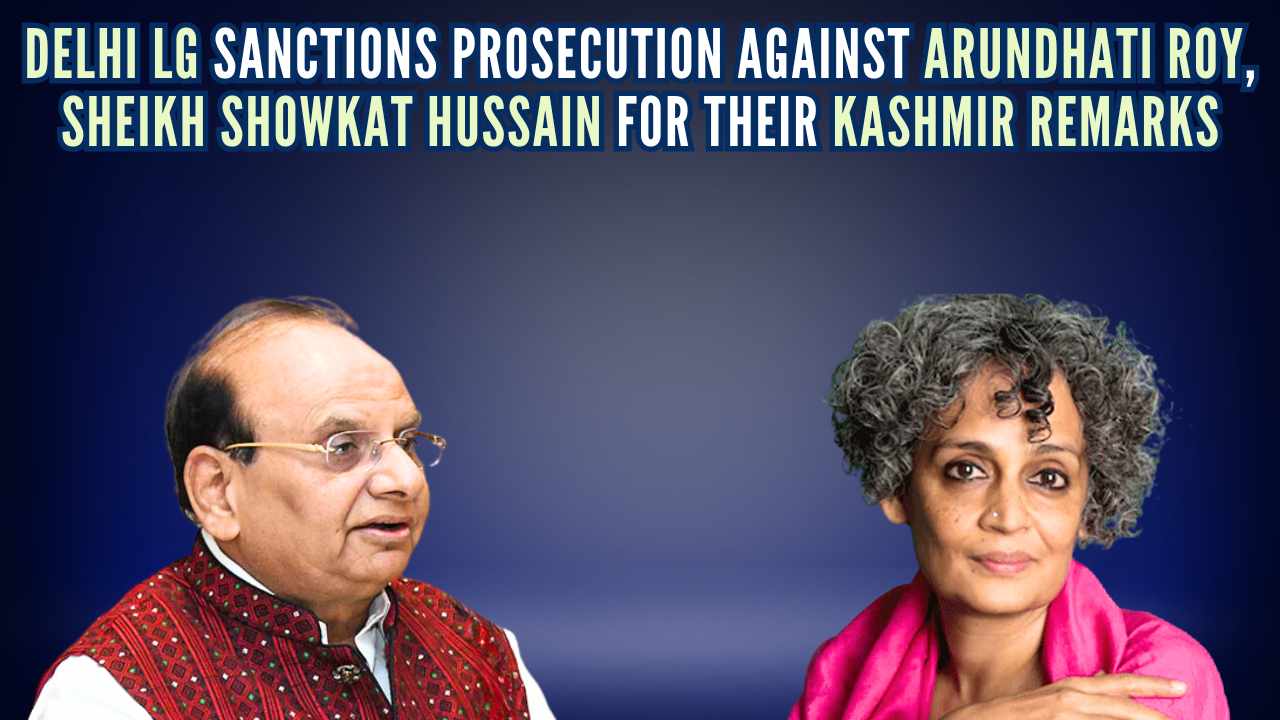
The state's recent invocation of the stringent UAPA charges against author-activist Arundhati Roy and Central University of Kashmir professor Dr Sheikh Showkat Hussain, 14 years after the FIR was first registered, has raised concerns about bypassing the statute of limitation. In addition to IPC charges, the state has also imposed UAPA charges, which grant them more powers and allow them to relax timelines for filing chargesheets and impose strict conditions for bail. This move is crucial for the case to be accepted by the court, especially due to the stay on the sedition law by the Supreme Court.
Arundhati Roy's UAPA Charges: A Violation of Statute of Limitations and Judicial Process
Background
Arundhati Roy, an acclaimed Indian author and activist, and Dr. Sheikh Showkat Hussain, a professor at Central University of Kashmir, have been slapped with charges under the stringent Unlawful Activities (Prevention) Act (UAPA) by the state of Jammu and Kashmir. The charges stem from a First Information Report (FIR) filed in 2009, 14 years prior to the invocation of UAPA.
This belated application of UAPA has raised concerns about the bypassing of the statute of limitations. The Code of Criminal Procedure (CrPC) in India prescribes specific time limits for filing chargesheets, including a three-year limit for offenses under the IPC. By invoking UAPA after this period has elapsed, the state is effectively circumventing the law.
UAPA's Implications
UAPA is a law designed to combat terrorism and other unlawful activities. It grants law enforcement agencies additional powers, including the ability to:
The invocation of UAPA in this case is significant because it could potentially lead to Roy and Hussain being held in custody for prolonged periods without trial.
Concerns Raised
The state's move has sparked widespread criticism from legal experts and human rights activists. Key concerns include:
Top 5 FAQs
The state has not provided a clear explanation for the delay. Some speculate that it is part of a wider crackdown on dissent and activism in Kashmir.
The charges include "unlawful activities," "promoting enmity," and "inciting violence." However, the exact nature of the allegations has not been disclosed.
UAPA grants the state more powers to detain Roy and Hussain without charge and impose stricter bail conditions. It also relaxes timelines for filing chargesheets.
The court has accepted the state's application to invoke UAPA. Roy and Hussain are currently out on bail but are required to surrender their passports and report regularly to the police.
The use of UAPA against Roy and Hussain has sent a chilling message to activists and journalists, raising concerns about the shrinking space for dissent in India.
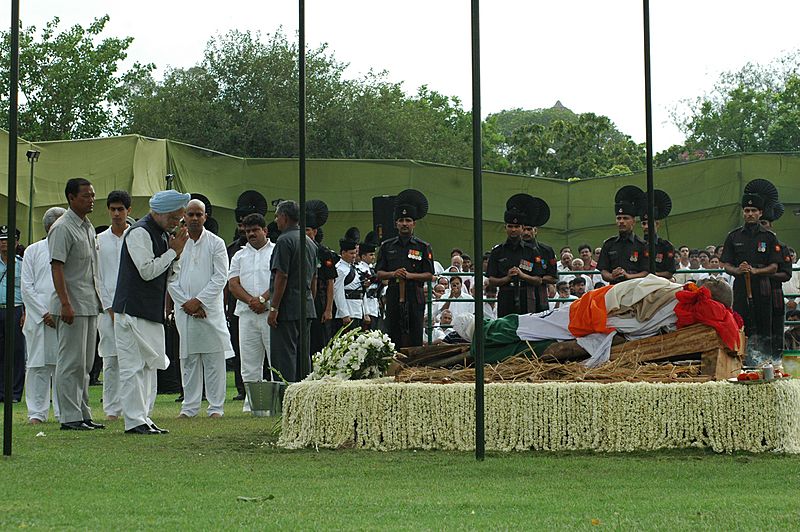
The state funeral of former Indian Prime Minister Dr. Manmohan Singh was a saddening and disheartening event, as it was marred by a lack of respect and poor management. The media was not allowed to cover the funeral, with only state-owned Doordarshan being allowed to broadcast it. Even then, Doordarshan focused more on current Prime Minister Narendra Modi and Home Minister Amit Shah rather than Dr. Singh's family. The family was also given only three chairs in the front row, further adding to the disrespect and neglect shown towards the late leader.
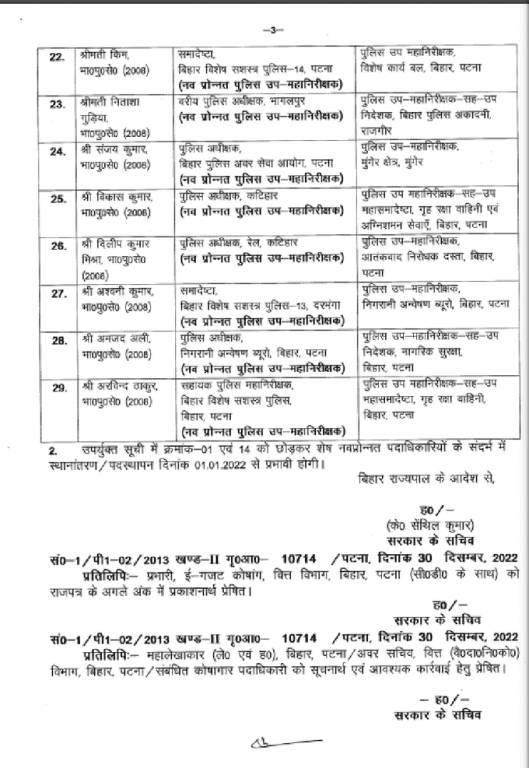
The Bihar government announced a major reshuffle in the state's police ranks, transferring 62 IPS officers, including three additional directors general. Among the changes, Avakash Kumar will now take over as the SP of CID, while Kundan Krishnan has been assigned additional charge of the Special Task Force. The SP of the Economic Offences Unit will now be Rakesh Rathi, while Lalit Mohan Sharma and Amit Ranjan have been appointed as SPs in Vaishali and Sitamarhi districts respectively.
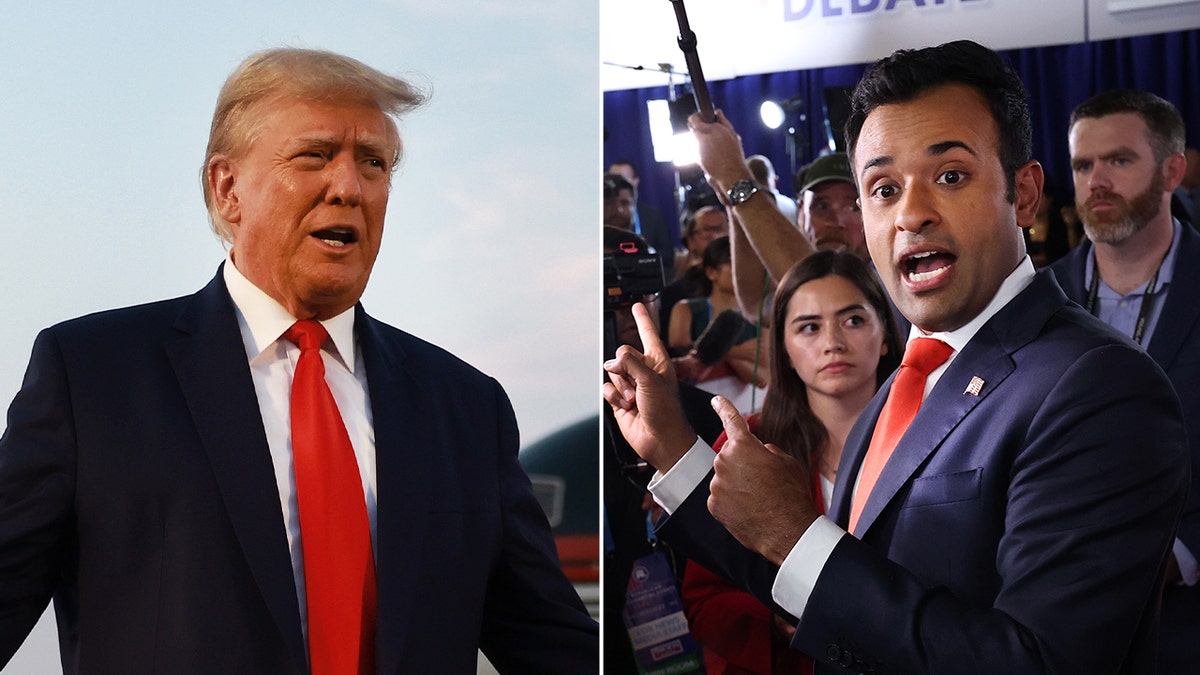
Staunch right-wing anti-immigrant campaigners and powerful Silicon Valley leaders like Elon Musk and Vivek Ramaswamy are locked in a fierce battle over the issue of immigration, spurred by the appointment of Indian-origin Sriram Krishnan to a senior White House role under the incoming Trump administration. While some argue that the US should prioritize hiring top talent from around the world, others believe that US-born engineers should be given opportunities first. Amidst the heated debate, differences in opinion over the country's engineering shortage and the role of culture have also emerged.
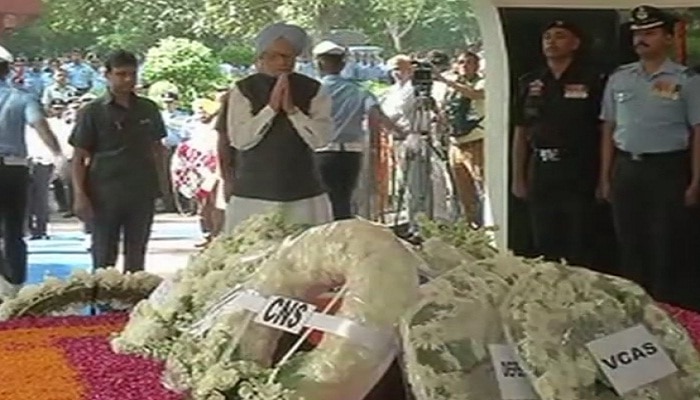
Former Indian Prime Minister Manmohan Singh passed away on December 17th, and today his funeral will be held at Nigambodh Ghat in Delhi. Manmohan Singh, who served as the country's Prime Minister for two terms, was respected by all political parties for his leadership skills and contributions to the nation. Heavy rain and snowfall have been recorded in Delhi and nearby states, creating challenging weather conditions for the funeral ceremony. Despite this, many political and public figures are expected to pay their respects to the former Prime Minister as he is cremated today.
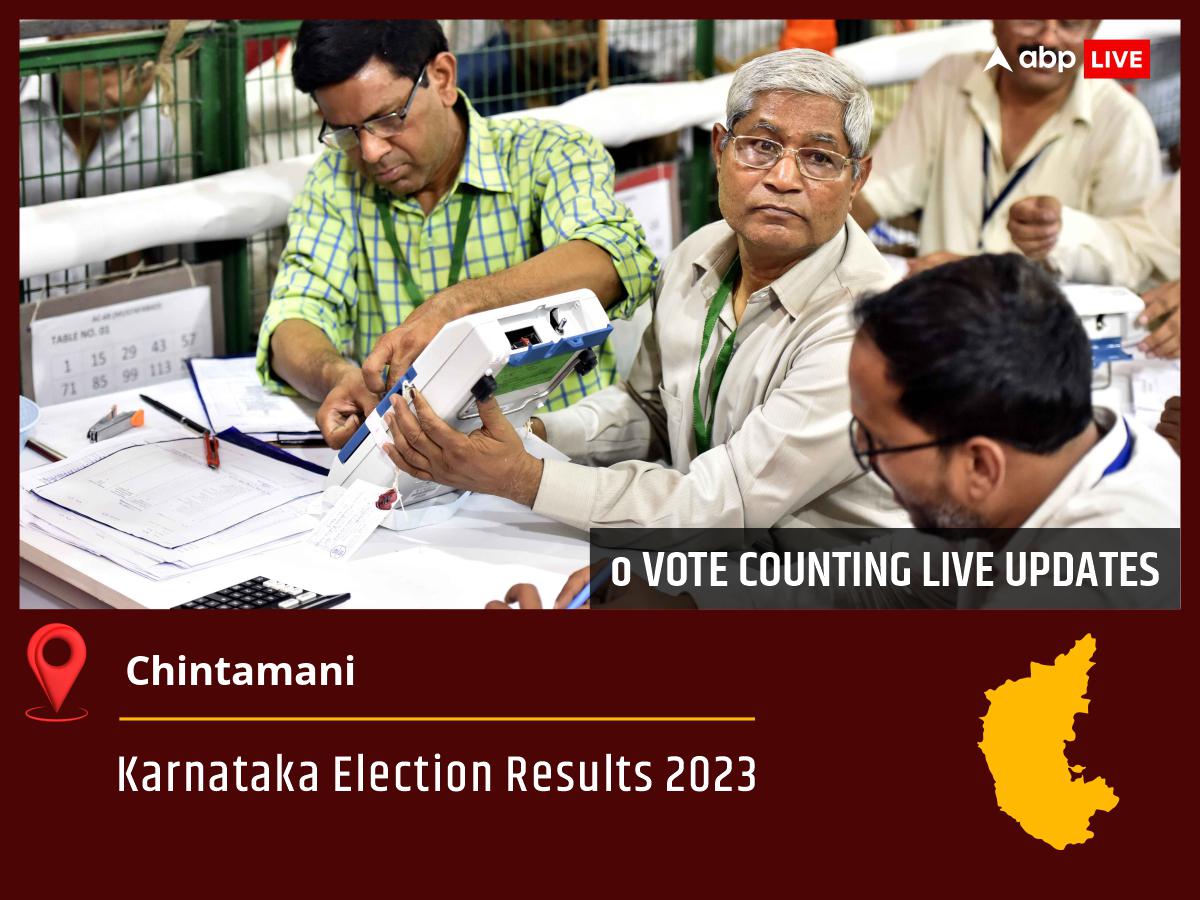
The 2023 Karnataka Assembly elections in the Chintamani constituency feature Dr M C Sudhakar as the Indian National Congress (INC) candidate, with declared assets amounting to Rs 65.5 crore. As per the election affidavit, he has a post graduate degree and is 54 years old. Dr M C Sudhakar has also mentioned 0 criminal cases registered against him, making him a top contestant in the upcoming elections. Keep track of live result updates to see if he secures his position as MLA for the third time.
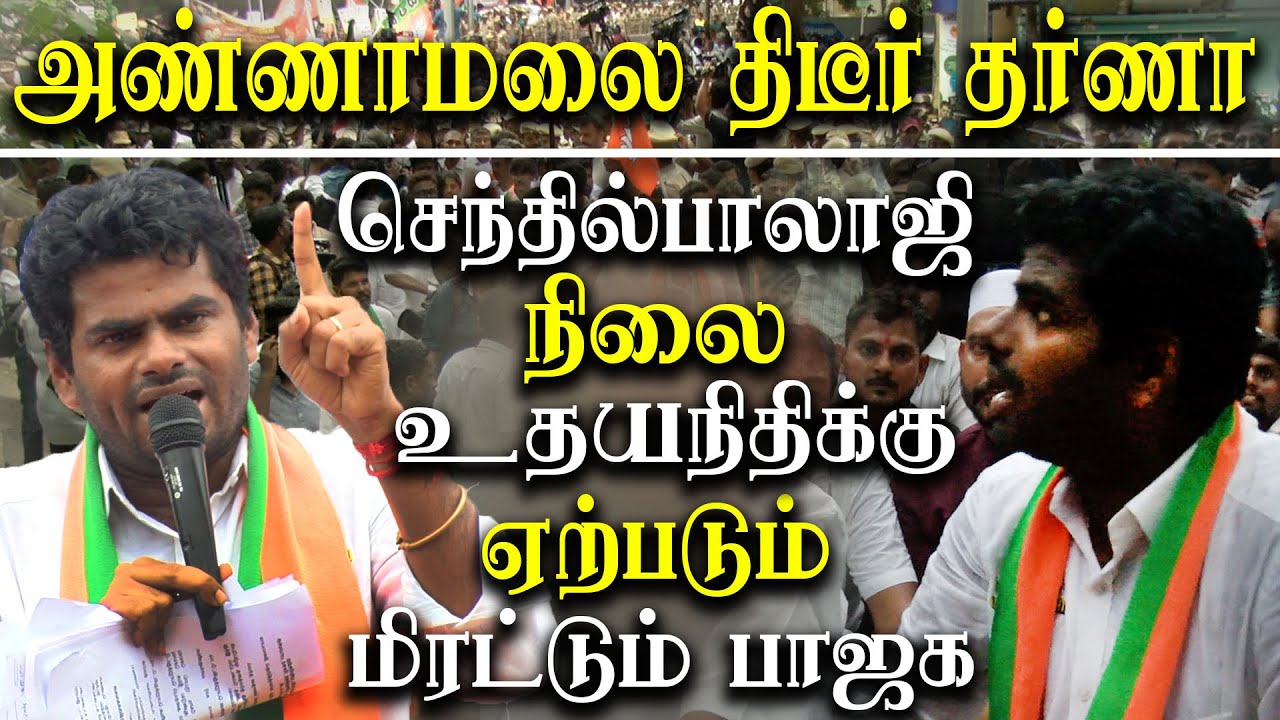
In a shocking display of protest, BJP leader K Annamalai lashes himself six times and vows not to wear footwear until DMK is removed from power in Tamil Nadu. He also plans to visit all the six abodes of Lord Muruga to complain about the situation in the state. Despite the AIADMK being the main opposition, Annamalai's dramatic move has helped the BJP seize the initiative on the sexual assault case at Anna University in Chennai. He has also called out the party's shortcomings and questioned the whereabouts of the Nirbhaya Fund.
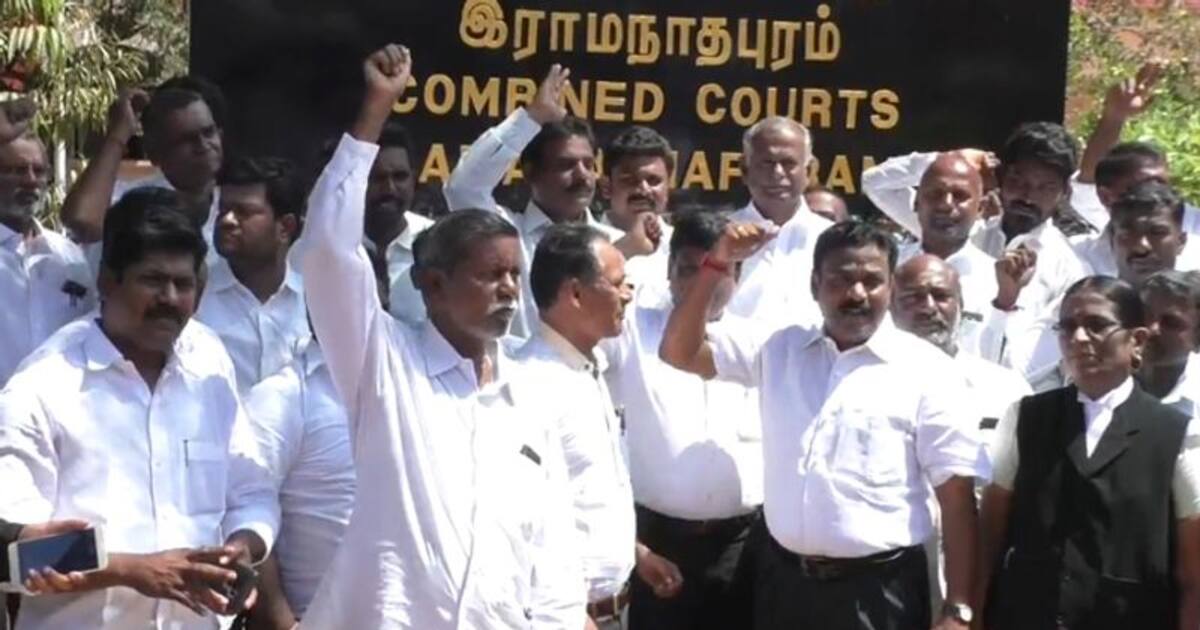
Tamil Nadu BJP chief K Annamalai staged a dramatic protest in Coimbatore, flogging himself to condemn the state police and ruling DMK party for their handling of a sexual assault case. The former IPS officer accused them of deliberately disclosing the victim's identity and announced that he will not wear footwear until the government is dislodged. The incident, which occurred on Christmas eve at Anna University, has sparked widespread outrage and calls for better protection of women's safety in the state.
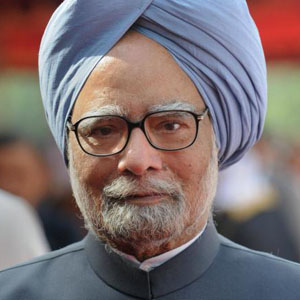
Former Prime Minister Manmohan Singh passed away at the age of 92 on Thursday at AIIMS Delhi. His death was confirmed by AIIMS in their bulletin, which led to an outpouring of condolences from leaders across the political spectrum. Singh, known for his role in shaping modern India with economic reforms, retired to his iconic bungalow in Lutyens' Delhi after stepping down from office in 2014.
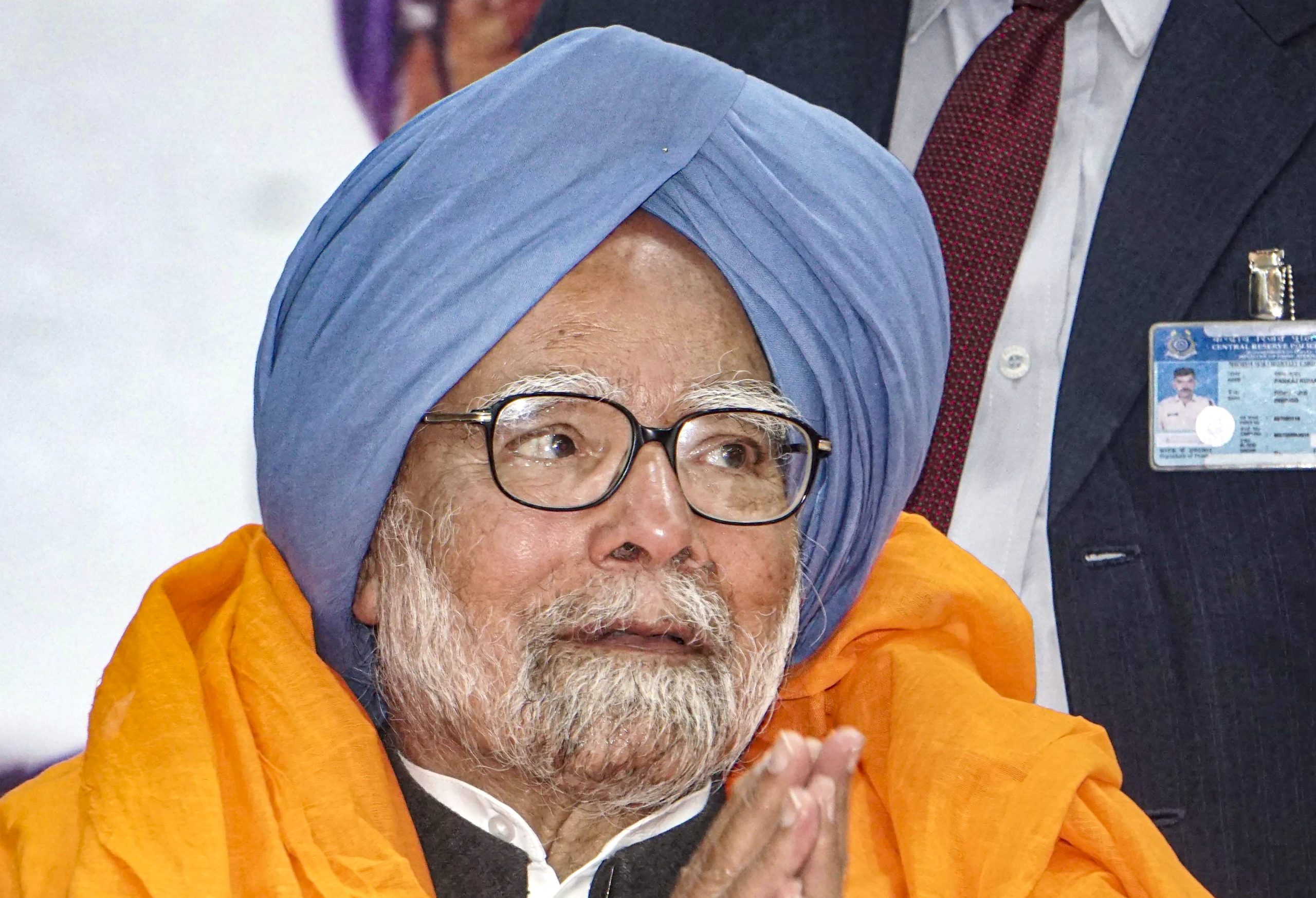
The passing of former Prime Minister Manmohan Singh at the age of 92 due to age-related health issues has left the nation in mourning. Singh, who was admitted to AIIMS Delhi on Thursday evening, is being remembered for his economic revolution and progressive changes during his tenure. Political figures, including Priyanka Gandhi's husband Robert Vadra, have expressed their condolences for Singh's family and praised his service to the country. This is a developing story, stay tuned for updates.
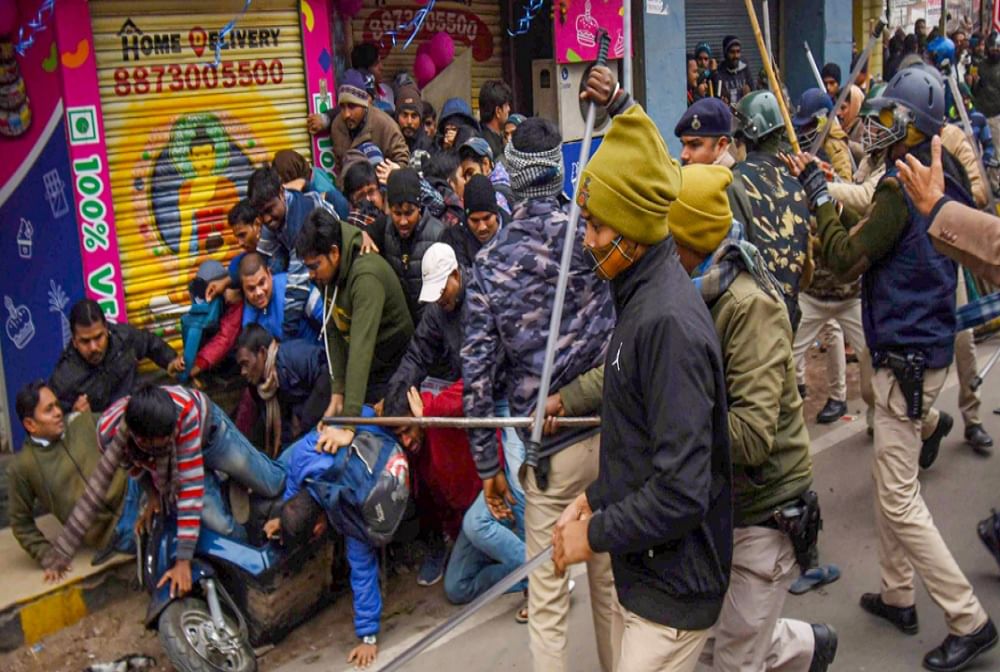
The streets of Patna, Bihar have been filled with chaos and tension as aspiring candidates for the Bihar Public Service Commission (BPSC) staged protests and attempted to gherao the BPSC office. With allegations of irregularities in the BPSC exams, the aspirants are demanding the cancellation and re-examination of the exam. The situation escalated when the protesting students were met with force by the police, leading to a standoff between the two groups.